Mozambique: PGR questions former Interior Minister - AIM
Not true that Renamo “won six provinces” says Nyusi
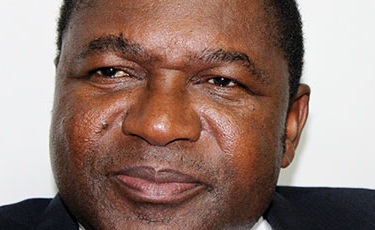
File photo / President Fiipe Nyusi
Mozambican President Filipe Nyusi on Friday attacked the pretension of Afonso Dhlakama, leader of the rebel movement Renamo, to govern by force the six northern and central provinces where he claims that Renamo won the October 2014 general elections.
Speaking in Nairobi, at a meeting with the Mozambican community resident in Kenya, Nyusi denied the oft-repeated claim that Renamo won six provinces, and so should be allowed to govern them.
He said that, just as in a football match, only one team wins, so in elections. “When the championship is over, just one team wins, and that team represents the country in the entire world”, he declared.
From Dhlakama’s statements, no-one would guess that there was a million vote gap between himself and Nyusi in 2014. And when the results are looked at province by province, it is true that Dhlakama topped the Presidential poll in five provinces (Manica, Sofala, Tete, Zambezia and Nampula). But in the parliamentary election, Renamo only gained a majority in two provinces, Sofala and Zambezia. In the third election, for provincial assemblies, Renamo gained a majority in three of the 10 assemblies – Sofala, Zambezia and Tete.
Nyusi told the meeting that Renamo gunmen continue to invade hospitals and to attack and kill innocent civilians, acts which have forced the government to introduce a system of convoys under armed escort to ensure that traffic can continue to flow along some of the main roads in the centre of the country.
“All this because Renamo leader Afonso Dhlakama wants to govern the six provinces where he says he won the elections”, said the President.
A representative of the Mozambican community, Rafael Mazula, said that the worsening of politico-military tensions is undermining the economic and social development that Mozambique has experienced in recent years.
“We reject and condemn the resort to military force to solve our problems”, said Mazula. “War causes mourning and the destruction of economic and social infrastructures, such as roads and bridges, the commercial network, schools and hospitals”.
The message praised the efforts under way to restore peace, declaring that Nyusi himself “is an example of political tolerance and a unique case in Africa and in the world which allows brothers, even those who have committed so much brutality, to live together”.
But the community also presented Nyusi with their day-to-day problems – particularly their lack of Mozambican identity documents.
“Most of the Mozambicans here do not have documents such as an identity card or a passport”, said Mazula. “Without these documents, our life becomes difficult. It creates difficulties for our legalization in this country, and access to services such as education and employment”.
Mazula said the Mozambican community consists mostly of people who came to Kenya before Mozambican independence to work on the sugar and sisal plantations, and their dependents. Thus there are Mozambicans who have been living in Kenya for over 40 years, and are still undocumented, a situation which also affects their children.
In response, Nyusi promised that the government will send a team from the Ministry of the Interior to Kenya to issue identity cards and passports.


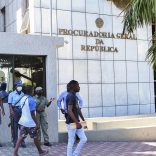
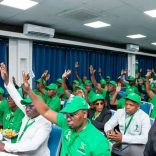
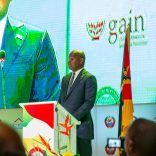
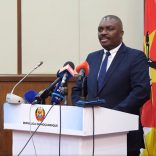
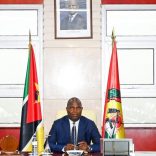
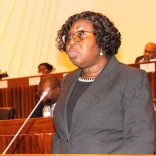




Leave a Reply
Be the First to Comment!
You must be logged in to post a comment.
You must be logged in to post a comment.